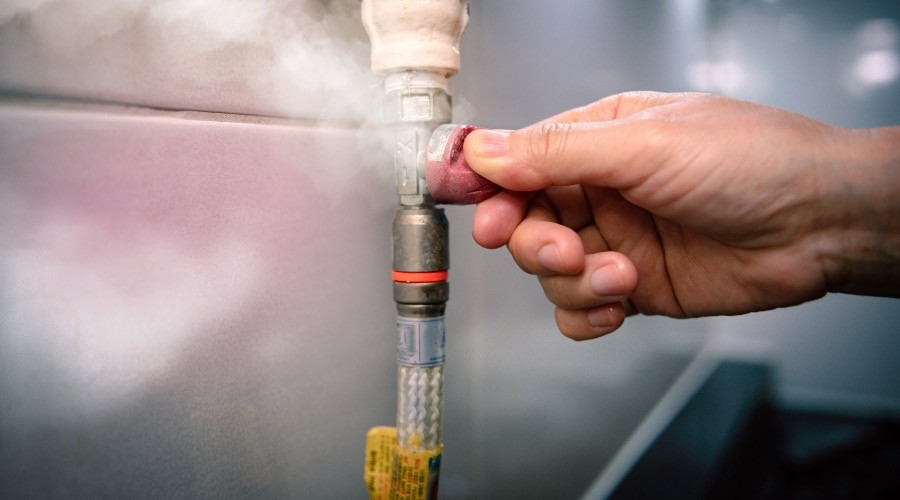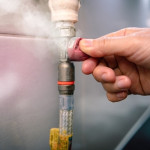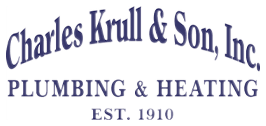How To Identify and Respond To Dangerous Gas Leaks
Gas leaks rank among the most hazardous yet avoidable dangers in any home. Although natural gas powers many heating and cooking appliances efficiently, an unnoticed leak can cause severe health problems and even pose a threat to life. Homeowners must know how to quickly recognize and react to gas leaks to ensure safety and safeguard their property.
How to Identify and Respond to Dangerous Gas Leaks
Natural gas is colorless and odorless in its natural form, which makes detection especially tricky. Fortunately, gas companies add a distinctive odor, commonly described as rotten eggs or sulfur, to help people recognize leaks early. But smell isn’t the only indicator. Gas leaks can present a range of visual, audible, and physical symptoms, both within and around the home.
Identifying a gas leak is only half the battle. What a homeowner does next can either prevent disaster or allow the situation to escalate. That’s why every household should be aware of the key warning signs of a gas leak and know how to act quickly and safely when one is suspected.
Let’s take a closer look at the dangers of gas leaks, the warning signs to watch for, and the critical steps to take in response.
Dangers of a Gas Leak
Gas leaks pose both urgent and long-term threats to health and safety. Exposure to natural gas can cause serious health issues and, in large quantities, may be fatal. Furthermore, natural gas is highly flammable; even a single spark can ignite a fire or cause an explosion within the home.
Key risks include:
- Health Concerns: Breathing in gas may trigger dizziness, headaches, nausea, fatigue, breathing problems, or unconsciousness.
- Fire and Explosion: A simple electrical spark or appliance use can ignite leaked gas, leading to severe damage and danger.
- Environmental Harm: Leaks outdoors can harm vegetation, contaminate soil, and harm wildlife.
- Higher Energy Costs: Gas that leaks unused still adds to household utility bills.
Due to these risks, homeowners must remain vigilant and respond promptly to the first signs of a leak to safeguard their families and property.
Signs of a Gas Leak
 Gas leaks often produce warning signs that many homeowners might not immediately notice. It’s important to be aware of the following clues:
Gas leaks often produce warning signs that many homeowners might not immediately notice. It’s important to be aware of the following clues:
- Sulfur or Rotten Egg Odor: This added scent makes gas leaks easier to detect.
- Hissing or Whistling Sounds: Listen closely near gas lines or appliances for unusual noises.
- Dead Vegetation: Brown or dead grass patches around gas lines can indicate underground leaks.
- Indoor Plant Damage: Plants that suddenly die indoors may be affected by a gas leak.
- Health Symptoms: Persistent headaches, dizziness, or nausea without a clear cause may point to a leak.
By staying alert and inspecting gas-related equipment regularly, homeowners can catch leaks early and reduce risks.
Responding to a Gas Leak
 If a gas leak is suspected, it’s critical to act fast but with caution. The priority should always be the safety of everyone in the home.
If a gas leak is suspected, it’s critical to act fast but with caution. The priority should always be the safety of everyone in the home.
Here’s what to do immediately:
- Evacuate the Home: Remove everyone, including pets, from the house as quickly and calmly as possible.
- Avoid Electrical Devices: Do not turn lights on or off, and refrain from using phones, appliances, or any other devices that could create a spark.
- Leave Windows and Doors Open: If safe to do so while exiting, open a few windows to help dissipate the gas.
- Call the Gas Company: Once at a safe distance, report the leak to the local gas utility to shut off the gas supply.
- Call a Professional: Contact licensed technicians to inspect the system and handle any necessary gas line repairs before returning to the home.
Never attempt to locate or fix the leak independently. Gas is highly hazardous, and only trained professionals possess the necessary tools and expertise to handle repairs safely and effectively.
About Charles Krull & Son, Inc. Plumbing & Heating
Charles Krull & Son, Inc. Plumbing & Heating is a fifth-generation, family-owned company that has proudly served Nassau County for over 110 years. We specialize in plumbing, heating, and drain cleaning, focusing on expert workmanship, flat-rate pricing, and outstanding customer care. Whether it’s routine service or complex repairs, our team delivers honest, high-quality solutions that stand the test of time. Call them for expert gas leak detection in Malverne, NY!
















